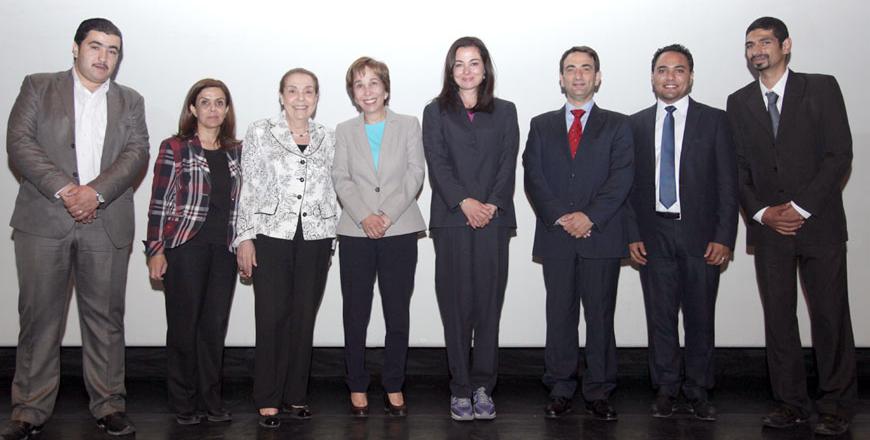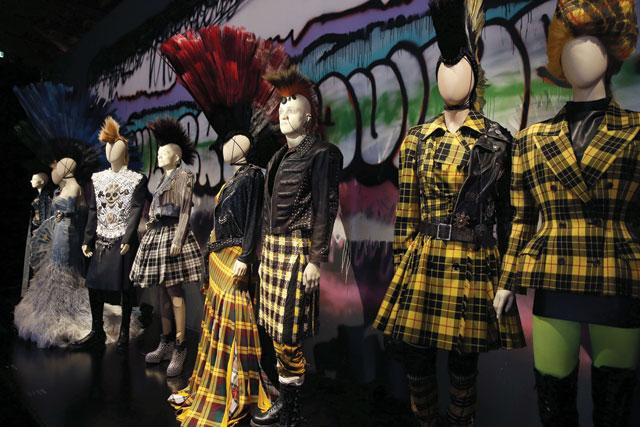You are here
Costly, but transparent masks are boon for hard of hearing
By AFP - Aug 25,2020 - Last updated at Aug 25,2020

Photo courtesy of cliu.it
PARIS — Transparent facemasks and shields are costly compared with classic counterparts, but could prove a boon for the deaf and hard of hearing battling to communicate in the coronavirus era.
The concept has started to take off, aided not least by Youtube tutorials or the likes of American football coach Nic Saban, who makes a point of wearing his pitchside.
Other proponents include French secretary of state for people with disabilities Sophie Cluzel, who donned a mask with a see-through section to speak in parliament, and a sign-language interpreter at a Portsmouth hospital in southern England.
As Cluzel pointed out, the transparent window facilitates communication by permitting lip-reading and showing facial expressions.
“Lip reading is a plus for me,” says Vivien Laplane, born deaf and author of the French blog “Appendre à écouter” (learn to listen).
“You can imagine — or not — that with masks it’s tougher” to understand others and make oneself understood.
A deaf Indonesian couple working as tailors on the isle of Sulawesi, make and have been selling transparent masks since April.
Without them “it is impossible for a lip-reading deaf person to understand what others are saying”, says Faizah Badaruddin who, along with her husband, turns out around two dozen a day.
Such efforts are boosting communication during the COVID-19 pandemic not least for the deaf and the hard of hearing who number 70 million globally, according to the World Federation of the Deaf.
The French federation of speech therapists says that classic facemasks mean “patients find themselves deprived of the main source of the oral message: the mouth and facial expressions”.
Teachers say they too like the transparent model.
Rory Burnham Pickett, a professor based in Sapporo in northern Japan, says “I know it is frustrating that my pupils don’t see my mouth or facial expression. I made my own transparent mask as they are difficult to find.”
Governments are taking a proactive approach and placing orders.
Authorities in Quebec have placed an order for 100,000 for distribution across the health network in the Canadian province, local media say.
The provincial APDA association for the hard of hearing made an order for 100,000 washable transparent masks through local textile company Madolaine.
“Sales are going briskly,” says association director Marie-Helene Tremblay.
In the United States, private US medical firm ClearMask LLC said it had received clearance from the Food and Drug Administration for a fully transparent surgical mask for use in hospitals and clinics but also schools, retail and hospitality settings.
The Baltimore-based form was already producing non-surgical versions.
Masks for all
Anissa Mekrabech, a 31-year-old deaf French woman, decided to create her own transparent prototype after finding that communication was difficult when she visited the local pharmacy wearing a standard mask.
She co-founded ASA Initia, based in Toulouse, in partnership with the French Association of the Paralysed to develop and retail an “inclusive mask”.
The mask, the first to gain clearance from French authorities, has earned 20,000 orders to date.
A second French variant, the “smile mask” from Odiora, a company based in Lyon, is now also coming to market and two more can expect clearance soon, says the French government.
Stephane Lenoir, who coordinates a collective of associations for the handicapped in France, welcomes what he sees as a step forward but feels bound to highlight the issues of general availability and cost of such masks.
The unit cost for the French masks ranges from 10.90 and 15 euros ($12.80 to $17.60), $10.99 for the ones in Quebec, while ClearMask offer a bundle pack of 24 for $67.
Burnham Pickett says the transparent masks found in Japan “come from the United States and are expensive”.
In France, the government is pondering whether to offer a subsidy or make public procurement orders at the behest of the associations.
For Cluzel, “promotion of transparent masks will enhance production, bringing down the costs of making them and hence prices”.
For Tremblay, the need is clear: “We must democratise the wearing of transparent masks.”
Related Articles
IRBID — For the first time in Jordan, a mosque held a sign-language translated Friday sermon (or khutba), allowing the deaf and mute communi
AMMAN — Abdulmajeed Hjouj would have been on a very different path today had he abandoned his normal life and caved in to social press
Their creations are usually reserved for a few wealthy clients, but European museums are currently allowing the public to admire up close the works of star fashion designers Jean Paul Gaultier, Alexander McQueen and Karl Lagerfeld.



















